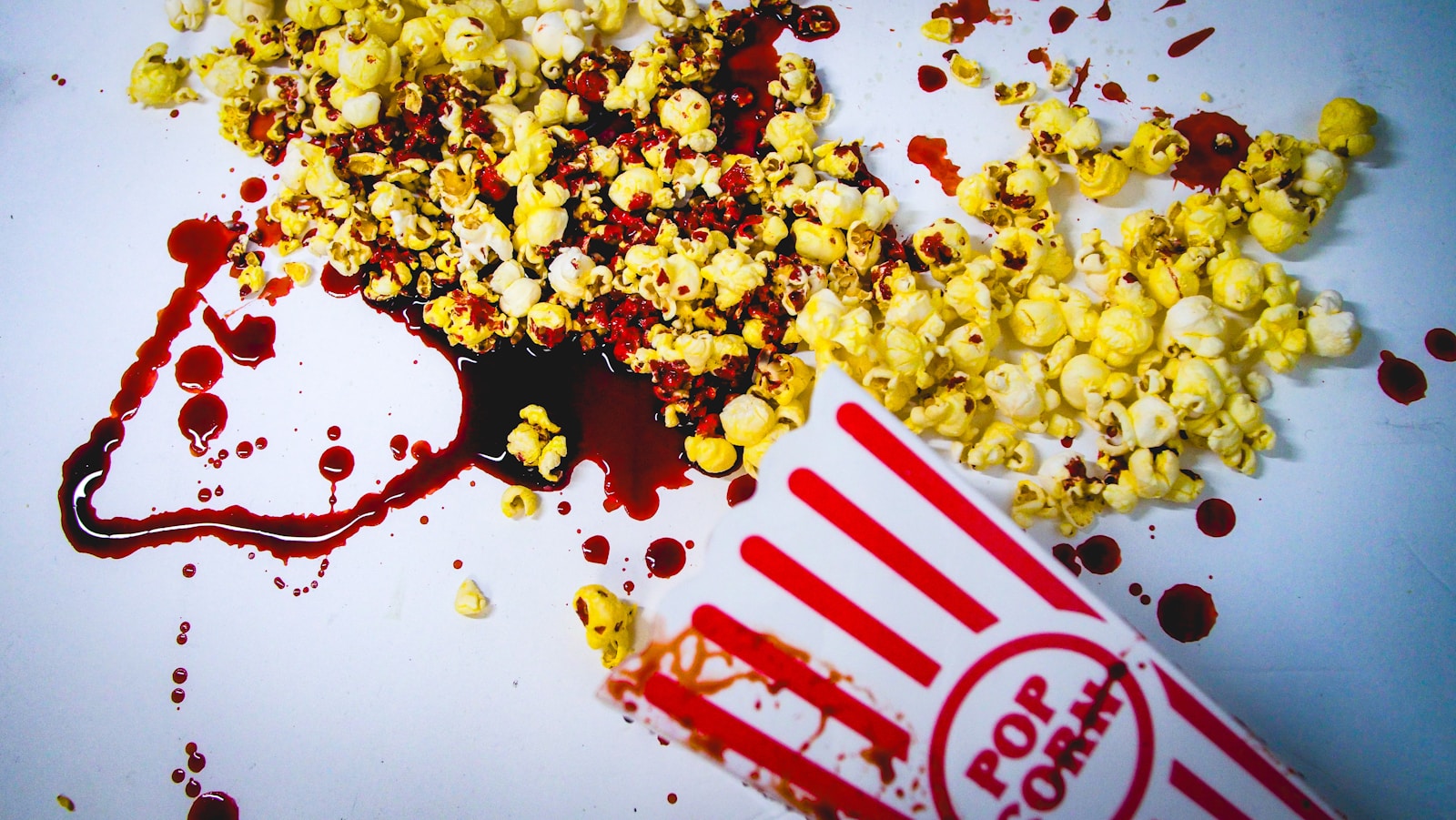
Introduction
When it comes to accents, there’s no denying that some have a certain allure. In the realm of British accents, the debate about which one tickles the fancy of Americans has been a long-standing conversation. Over the years, researchers have looked into the perceptions of various British accents, and the results might surprise you. Let’s explore the findings, delve into the accents that Americans find most attractive, and discuss why they hold such appeal.
The Accent Attraction Phenomenon
Accents are not just sounds; they are cultural markers that can evoke emotions, memories, and perceptions. A well-spoken accent can be charming, while a strong regional dialect might be considered less appealing. But what makes an accent attractive? According to research, several factors contribute to the allure of certain accents, including familiarity, media influence, and social status.
The British accent is often romanticized, thanks in part to its portrayal in movies, television shows, and literature. When you think of iconic British characters, names like James Bond and Harry Potter come to mind, each equipped with their own unique charm largely attributed to their accents. This cultural backdrop creates an environment where certain British accents become synonymous with attractiveness.
Research Findings: The Most Attractive British Accents
A study conducted by a team of researchers at the University of California found that Americans have a strong preference for specific British accents. The results showed that the accents falling under the category of Received Pronunciation (RP)—often referred to as the “Queen’s English” or “BBC English”—topped the list.
Received Pronunciation (RP)
RP is characterized by its clarity and lack of regional inflections. This accent is often associated with prestige, education, and social class. People who speak in RP are often perceived as more articulate and sophisticated. Many Americans find this accent appealing because it suggests a level of refinement and authority, which can be quite attractive.
The West Country Accent
Coming in a close second is the West Country accent, typically heard in the southwestern regions of England. This accent is often associated with pastoral life and a laid-back lifestyle, which can be charming to Americans. Think of the picturesque countryside and quaint villages; the West Country accent evokes a sense of adventure and warmth, making it particularly attractive.
The Yorkshire Accent
The Yorkshire accent also received a significant amount of love from American listeners. Known for its strong, pronounced vowels and playful intonation, this accent carries a certain friendliness that can be very appealing. The warmth associated with Yorkshire people—often portrayed in TV shows and films—adds to the accent’s attractiveness. It offers a sense of approachability and down-to-earth nature that many Americans find refreshing.
The London Accent (Cockney)
Many Americans are enamored with the Cockney accent, predominantly found in East London. This accent is rich in character and often associated with the working class. Although it might not be as polished as Received Pronunciation, it has a charm all its own. The playful use of rhyming slang and the distinct intonation make it both entertaining and endearing. Think of characters from films like “Lock, Stock and Two Smoking Barrels” or “EastEnders” who showcase the Cockney accent’s vibrant culture.
The Scouse Accent
The Scouse accent, hailing from Liverpool, has also garnered attention for its distinctiveness. Known for its musicality and unique pronunciations, the Scouse accent is often linked to one of the most famous bands in history, The Beatles. This connection adds an element of coolness and nostalgia that many Americans find attractive. The lively tone of the Scouse accent can evoke feelings of fun and friendliness, making it appealing.
Why Do Accents Matter?
The fascination with accents is deeply rooted in human psychology. Accents can trigger various associations, from social status to personality traits. Here are some reasons why accents, particularly British ones, have such an impact on perception:
Cultural Associations
Accents carry cultural baggage. A British accent can evoke images of tea, elegance, and a rich literary history. For Americans, who often romanticize British culture, this association can heighten the attractiveness of the accent. When you hear a British accent, it may automatically remind you of your favorite British films, books, or even the royal family.
Media Influence
Media plays a significant role in shaping perceptions. Hollywood often portrays British characters as sophisticated, witty, and charming. Accents featured in popular series like “Downton Abbey,” “Sherlock,” and “The Crown” further enhance the appeal of British accents. When American audiences hear these accents, they associate them with the characters’ intelligence and charisma.
Novelty Factor
For many Americans, British accents are exotic. The novelty can make them more appealing, especially in a country where American accents dominate. This allure of the unfamiliar can spark curiosity and interest, prompting Americans to find British accents attractive simply because they’re different from what they hear daily.
The Science Behind Accent Attraction
While personal taste is subjective, researchers have conducted studies to quantify the attraction to various accents. One study, published in the journal Language and Communication, found that listeners often associate accents with specific personality traits. For example, listeners may perceive someone with a Received Pronunciation accent as more intelligent, while a Cockney accent might be associated with friendliness or playfulness.
Moreover, studies have shown that people often rate speakers with accents they perceive as prestigious or socially desirable more favorably. This suggests that the social connotation of an accent can significantly influence how attractive it is perceived to be.
Conclusion
The British accent that makes Americans swoon is a fascinating subject, blending cultural significance, media representation, and personal preference. Whether it’s the refined elegance of Received Pronunciation, the warmth of the West Country, the friendliness of Yorkshire, the charm of Cockney, or the unique flair of Scouse, each accent tells a story.
As we continue to explore the nuances of language and accent, one thing is clear: the fascination with British accents is not going away anytime soon. So, the next time you hear a British accent, take a moment to appreciate not just the sound, but the rich cultural tapestry it represents. After all, accents are more than just a way of speaking; they are a window into the diverse and colorful world we share.


